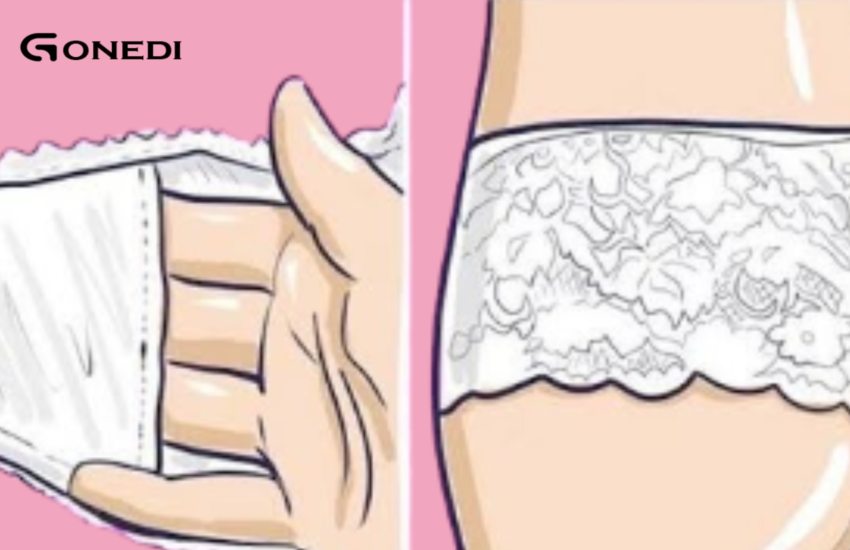What Does Your Tongue Say About Your Health?
Introduction
When we think of signs of illness, we often look for symptoms like fever or fatigue. But did you know that your tongue reveals a lot about your overall health? From its color and texture to the presence of spots or coatings, changes in the appearance of your tongue can be an early indicator of various health problems. In this article, we’ll explore what different conditions and characteristics of the tongue may reveal about your health, and when it’s time to seek medical advice.
- The Color of Your Tongue
The color of your tongue can reveal important information about your internal health. A healthy tongue is usually pink, but any noticeable change in color could be a sign of a health problem.
Red Tongue
Possible Causes: A red tongue may indicate a vitamin deficiency, particularly vitamin B12 or folic acid deficiency. It may also be a sign of certain infections or inflammatory conditions, such as scarlet fever, Kawasaki disease, or a condition called geographic tongue.
When to See a Doctor: If the redness is accompanied by a sore throat, fever, or rash, consult a healthcare professional.
Pale Tongue
Possible Causes: A pale tongue often indicates poor circulation or anemia, particularly iron deficiency anemia. It can also be associated with chronic fatigue or malnutrition.
When to See a Doctor: If you feel tired or weak along with a pale tongue, consider seeing your doctor for blood tests to check your iron levels or any other potential deficiencies.
Purple or Blue Tongue
Possible Causes: A bluish or purple tongue may indicate a lack of oxygen in the blood, which may be related to respiratory or cardiovascular problems, such as asthma or congestive heart failure.
When to See a Doctor: If you notice a bluish tint and are also experiencing shortness of breath, dizziness, or chest pain, seek immediate medical attention.
- Texture of Your Tongue
The texture of your tongue can provide insight into your hydration levels, nutrition, and the presence of any infections.
Smooth Tongue
Possible Causes: A smooth tongue, free of bumps or papillae, may be a sign of vitamin B12 or iron deficiency. It can also indicate dehydration or malnutrition.
When to See a Doctor: If your tongue feels unusually smooth, especially if you also feel tired or weak, it’s worth getting a blood test to check for vitamin or mineral deficiencies.
Lumpy or Rough Tongue
Possible Causes: A rough texture can sometimes be associated with oral thrush (a fungal infection), dehydration, or a condition known as “geographic tongue,” which can cause map-like patches. Certain autoimmune diseases can also cause a rough tongue.
When to See a Doctor: If you experience persistent bumps or lesions on your tongue, or if they become painful, seek medical advice.
- Coated Tongue
A white or yellow coating on your tongue is another common problem that may indicate an underlying issue. This coating can be a sign of poor oral hygiene, dehydration, or infection.
White coating
Possible causes: White coating is often a sign of oral thrush, a fungal infection that can affect the tongue and mouth. It may also indicate a digestive problem, such as an imbalance of bacteria in the gut or dehydration.
When to see a doctor: If the white coating persists or is accompanied by discomfort, dry mouth, or difficulty swallowing, it’s time to see a healthcare provider.
Yellow coating
Possible causes: Yellow coating can be caused by poor oral hygiene, smoking, or a bacterial infection. It can also indicate digestive problems or an imbalance of gut bacteria, such as acid reflux or gastritis.
When to see a doctor: If the yellow coating doesn’t go away with good oral hygiene or is accompanied by other digestive symptoms, it’s time to consult a doctor.
- Cracks in the Tongue
Deep cracks or fissures, especially along the edges of the tongue, are relatively common and usually harmless. However, if they are large or painful, they may indicate an underlying health problem.
Possible Causes:
Geographic tongue: A benign condition in which patches of the tongue’s surface lack papillae, often giving it a map-like appearance.
Vitamin Deficiency: Cracks, especially along the sides of the tongue, may indicate a deficiency in iron, B vitamins, or folic acid.
Dry Mouth or Dehydration: In some cases, dehydration or decreased saliva production can cause cracks in the tongue.
When to See a Doctor:
If the cracks are painful, bleeding, or accompanied by other symptoms such as a sore throat, fever, or unexplained weight loss, it is best to seek medical attention.
- Swollen Tongue
An abnormally swollen tongue may indicate a variety of health problems, ranging from allergic reactions to more serious conditions.
Possible causes:
Allergic reaction: An allergic reaction to certain foods, medications, or other substances can cause tongue swelling.


